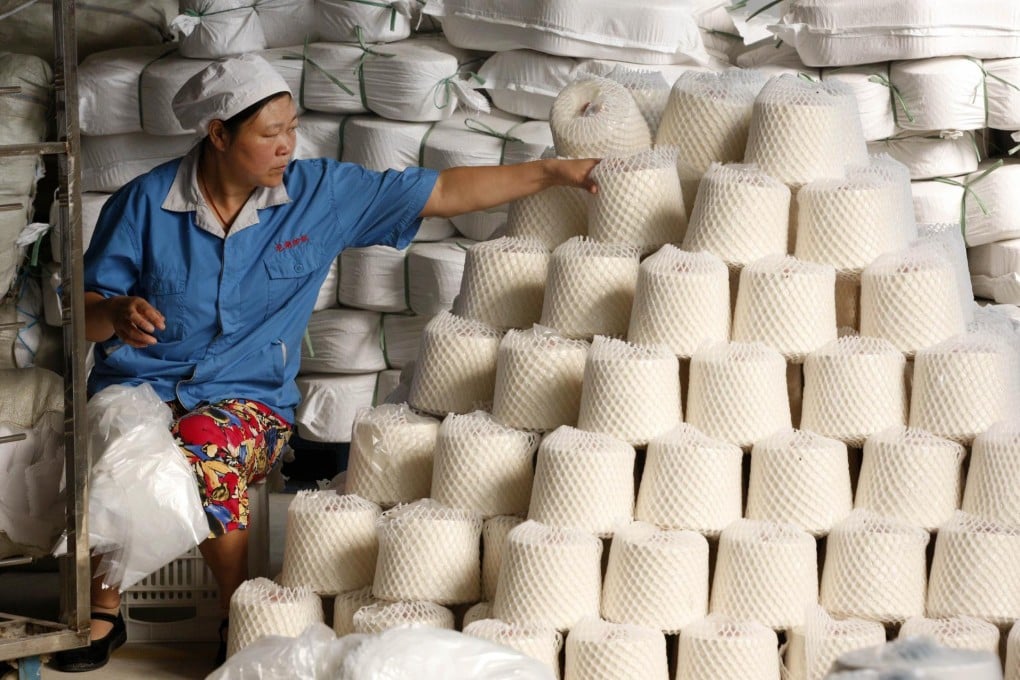Firms go for smaller, shorter plans
Manufacturers turn conservative amid growing risk from big trade pacts

Manufacturers say they will make smaller and shorter investment plans over the next few years when looking to expand production in new locations, as the emergence of big free-trade alliances could bring as many barriers as benefits to exports.
While manufacturers such as Texhong Textile have poured billions of dollars of investment into Vietnam as they bet on tariff-free advantages for exports to the United States after next year's establishment of the Trans-Pacific Partnership (TPP), which also involves 10 other countries, Sunny Tan, a committee member at the Federation of Hong Kong Industries, said those seeking to move production out of mainland China would impose stricter controls on start-up costs and make shorter business development plans of about five years in light of the uncertainties.
"The risk [imposed by these big trade pacts] on the industry will go up because the basic formula of producing in China and exporting to the US, which has been almost a guaranteed pay cheque over the past 10 to 20 years, no longer applies," said Tan, also an executive director at one of Hong Kong's largest garment makers, Luen Thai. "There will be more volatility. We need to be more conservative in investment, make shorter-term projections and be more flexible."
His comments follow warnings from economists of future trade wars, with the regional comprehensive economic partnership - which includes China, Asean and five other countries - shaping up as a major competitor for the US-led TPP.
"We saw the tendency of certain countries using these free-trade agreements as a measure to exclude those who are not part of the pact," said Nicholas Kwan, a director of research at the Hong Kong Trade Development Council. "In every Group of 20 meeting, the nations always pledge to destroy barriers and open up markets; every time we saw more barriers emerging after the meetings."
While bankers and analysts generally predict growth of 1 to 3 per cent for advanced economies next year, Kwan said the recovery would be built on a deglobalisation trend, with regional protectionism threatening to pull back growth at times.